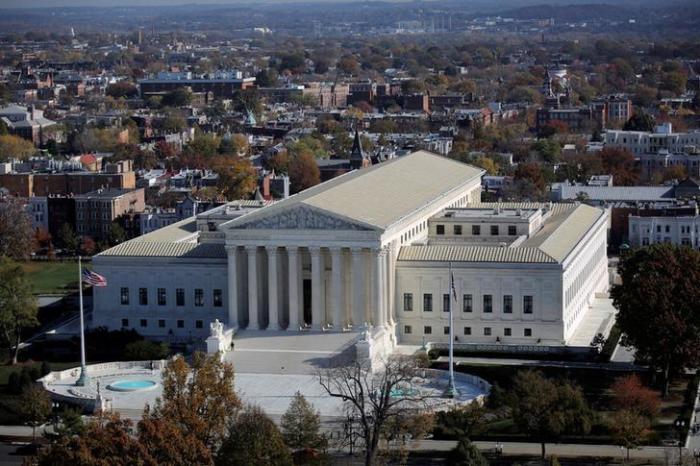Religious Hospitals Exempt From Federal Retirement Law, Unanimous Supreme Court Rules

A group of three church-affiliated hospitals can be exempted from the demands of a federal retirement income law, according to a unanimous decision by the United States Supreme Court.
In an 8-0 decision released Monday, the high court ruled in Advocate Health Care Network et al. v. Stapleton et al. that church agencies like hospitals can qualify for the religious exemption in the Employee Retirement Income Security Act.
The case consolidated three separate lawsuits, Advocate Health Care Network v. Stapleton, Dignity Health v. Rollins, and Saint Peter's Healthcare System v. Kaplan, all three of which involved the hospitals losing at the circuit court level.
Justice Elena Kagan authored the opinion for the Court, with Justice Neil Gorsuch not being included in the ruling given that he was not involved in the proceedings.
"ERISA provides (1) that a 'church plan' means a 'plan established and maintained . . . by a church' and (2) that a 'plan established and maintained . . . by a church' is to 'include a plan maintained by' a principal-purpose organization," wrote Kagan.
"Under the best reading of the statute, a plan maintained by a principal-purpose organization therefore qualifies as a 'church plan,' regardless of who established it. We accordingly reverse the judgments of the Courts of Appeals."
Justice Sonia Sotomayor wrote a concurring opinion where she explained that while she agreed with the majority opinion, she was "troubled" by the result of the ERISA law exemption.
"I join the Court's opinion because I am persuaded that it correctly interprets the relevant statutory text. But I am nonetheless troubled by the outcome of these cases," wrote Sotomayor.
"Today, by holding that ERISA's exemption for 'church plan[s],' ... covers plans neither established nor maintained by a church, the Court holds that scores of employees — who work for organizations that look and operate much like secular businesses — potentially might be denied ERISA's protections."
Over the past few years, there have been multiple lawsuits directed at several religiously-affiliated hospitals regarding allegations of underfunding their employee pension plans.
Many of these suits have resulted in settlements in which hospitals have doled out, at times, hundreds of millions of dollars to plaintiffs, according to a 2016 article by Bloomberg BNA.
"In May [2016], Connecticut's Saint Francis Hospital agreed to a $107 million settlement, and Trinity Health Corp. reached a $75 million deal with workers in August [2016]," reported Bloomberg.
"Ascension Health settled similar claims for $8 million in 2015, and Alabama's Baptist Health System Inc. reached an $11 million deal with its workers in August after making $89 million worth of voluntary pension contributions, according to court filings."
Last October, Providence Health & Services paid over $350 million in a settlement, making it the largest settlement among cases of this nature.
Regarding the Court's decision, Americans United for Separation of Church and State released a statement echoing the concerns of Sotomayor.
"Those hospitals shouldn't be allowed to drain their employee's pension funds simply because of a religious affiliation," stated Americans United.
"After all, religious freedom is a fundamental American value – and retirement and pensions are fundamental parts of the American dream. Our country can and should deliver both."
By contrast, the First Liberty Institute celebrated the high court ruling, with FLI Senior Counsel Justin Butterfield stating that the decision was in keeping with the nation's history of religious freedom.
"The History of the United States of America is one requiring the government to respect the religious freedom and autonomy of its houses of worship and religious organizations," stated Butterfield.
"The Supreme Court's decision today respects that great history and tradition, allowing churches, synagogues, mosques, and religious ministries to pursue their religious mission without the weight of government bureaucracy and regulation hindering their efforts and intruding upon their mission."





























